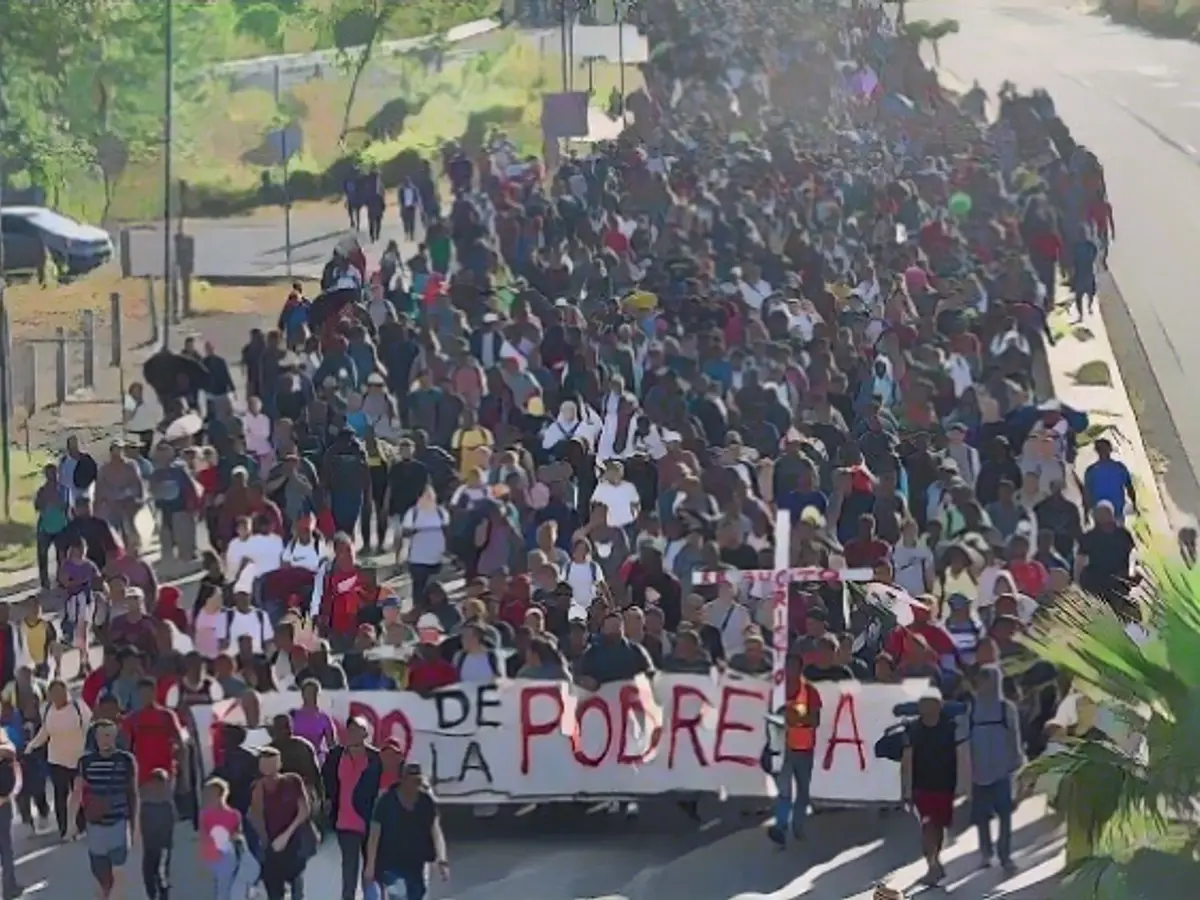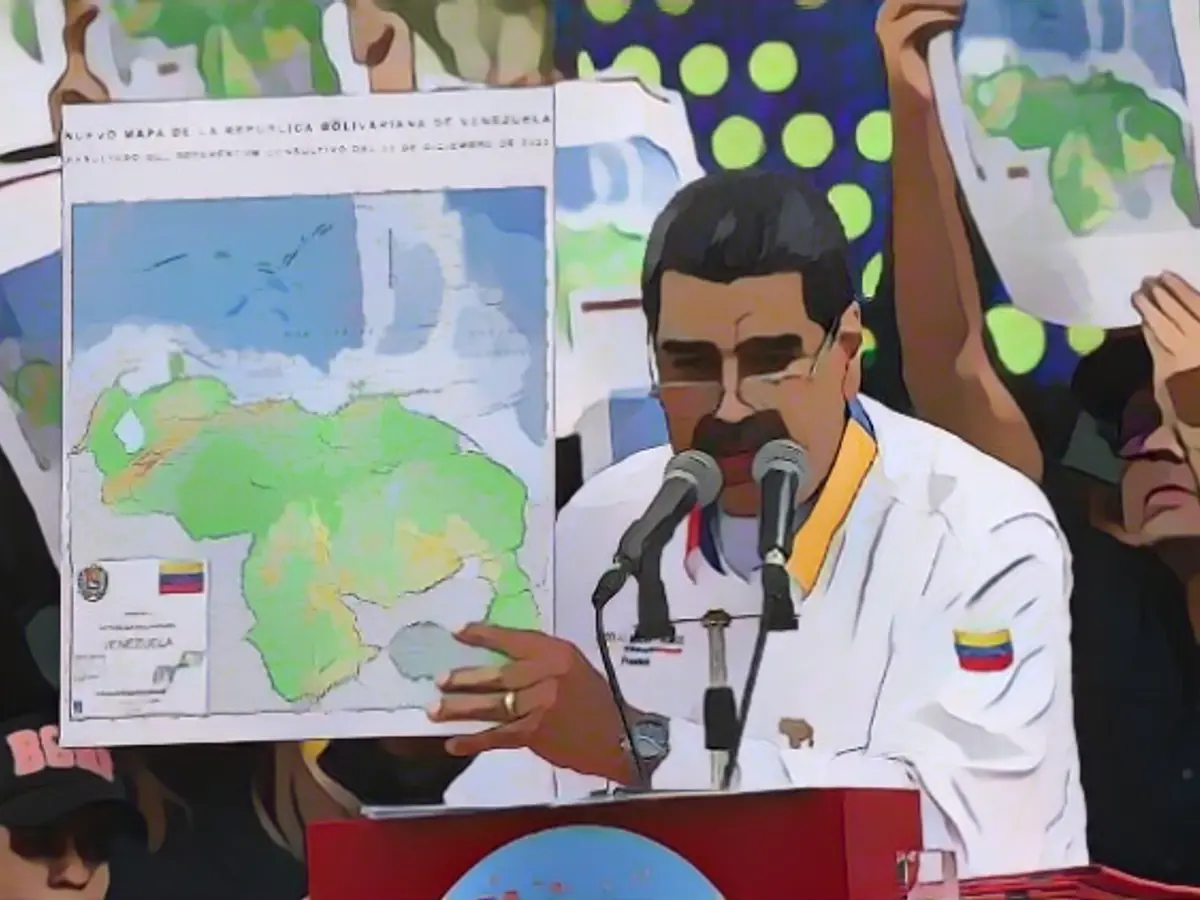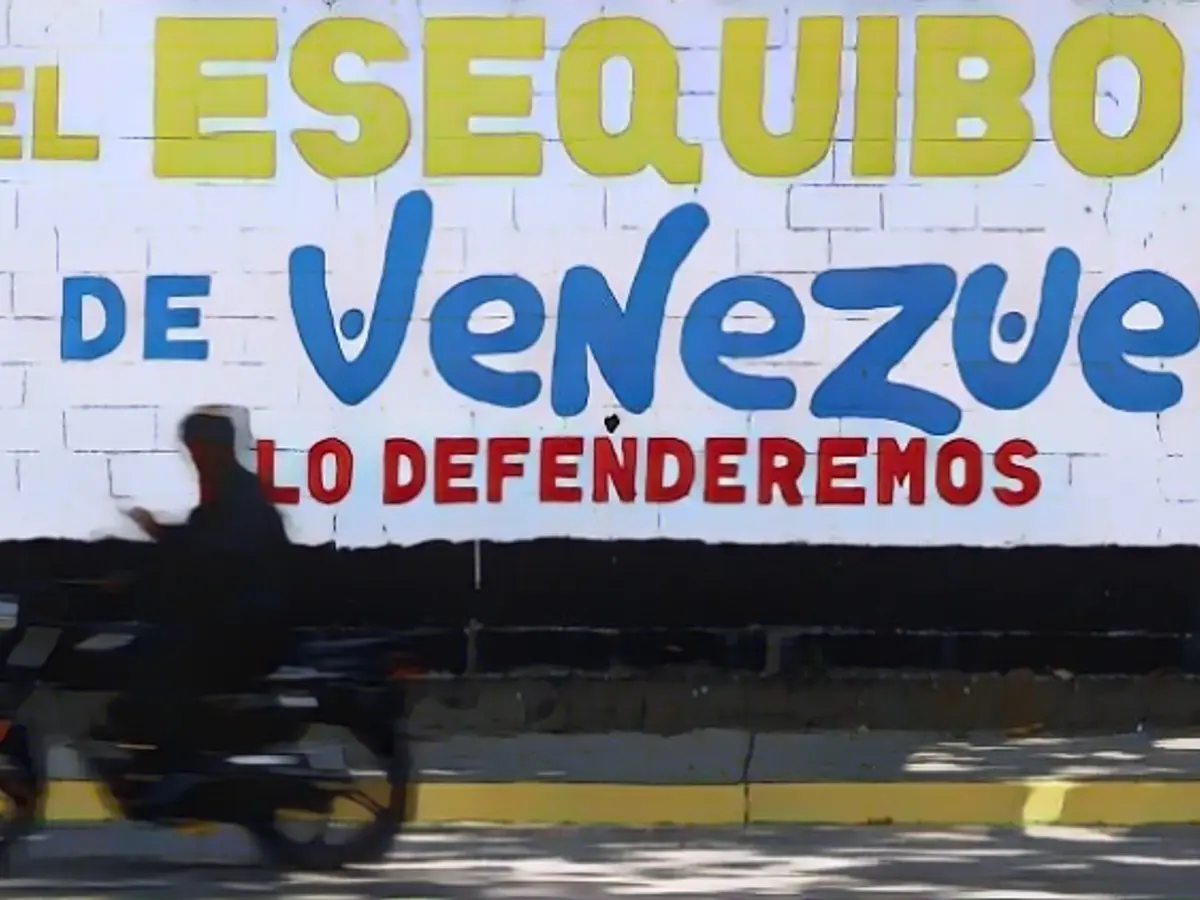Conflict Avoidance: Venezuela and Guyana Steer Clear of Force in Essequibo Dispute
Venezuela and Guyana have made a pledge to abstain from using force in their ongoing dispute over the Essequibo region. This agreement came following a meeting between the two countries' presidents in Kingstown, the capital of St. Vincent and the Grenadines, which is currently presiding over the Community of Latin American and Caribbean States (Celac).
The territorial disagreement pertains to an oil-rich region, which covers roughly two-thirds of Guyana and shares a border with eastern Venezuela. The area's abundant resources were previously considered a significant drawback due to its poor economic status, but the discovery of massive oil reserves offshore in 2015 kickstarted Guyana's rapid growth, making it the world's leading economic growth rate.
Venezuela has long claimed the Essequibo region based on a 1966 accord with the United Kingdom over the former British Guiana colony. However, Guyana obtained its independence before the formal resolution of the boundary dispute in an 1899 arbitration award, which was initiated by the United States and Great Britain.
Presently, the United Nations International Court of Justice (ICJ) is handling the territorial dispute at Guyana's request. Guyana's president, Irfaan Ali, reiterated that the matter should be resolved through the ICJ on Thursday, insisting their country is not the instigator of conflict. Venezuela maintains its opposition to ICJ jurisdiction, restating their stance during the recent talks.
Both Venezuela and Guyana agreed to establish a joint commission between their foreign ministries and technical consultants to further discuss the issue and meet again in Brazil within three months.
Exploring Further
The Essequibo region's dispute is not a recent phenomenon. Historically, the regional powers have shaped the landscape of the area's territorial claims.
One significant event in the background of this conflict is the 1899 arbitration award, which established the current boundary between the two countries. This decision, however, did not sit well with Venezuela, which has maintained its claim to the territory based on historical rights stemming from colonial borders.
Recent developments, such as Venezuela's controversial referendum in early December, further exacerbated tensions between the two neighbors. The vote, deemed illegal by the Organization of American States (OAS), secured 96% approval for the annexation of "Guayana Esequiba" as a Venezuelan federal state.
Guyana, on the other hand, relies on external support from the international community to preserve its borders and peacefully resolve the dispute with its neighbor.
A Look Ahead
As Latin America fortifies its position as a resource-rich region, territorial conflicts such as the one between Venezuela and Guyana are becoming increasingly common. Diplomatic negotiations and international cooperation will be key in resolving these disputes peacefully and ensuring regional stability.
The future of economic growth and stability within both Venezuela and Guyana depend on the peaceful resolution of the Essequibo dispute. The global powers, such as the United States, the European Union, and the United Nations, can play a significant role in promoting dialogue and helping these countries avoid escalating the conflict and turning to violence.







